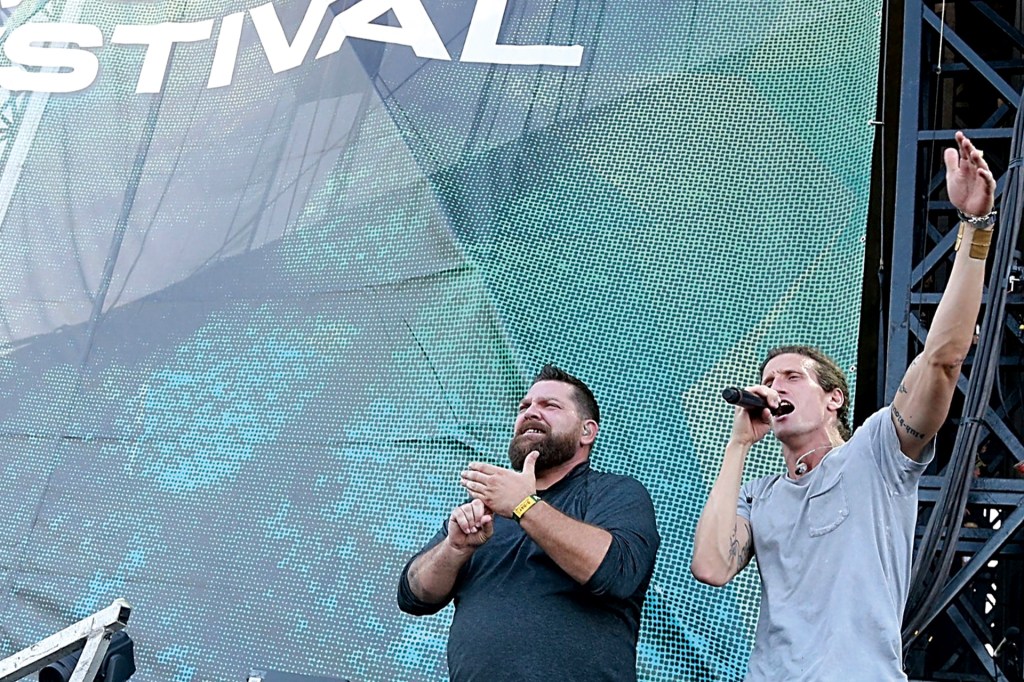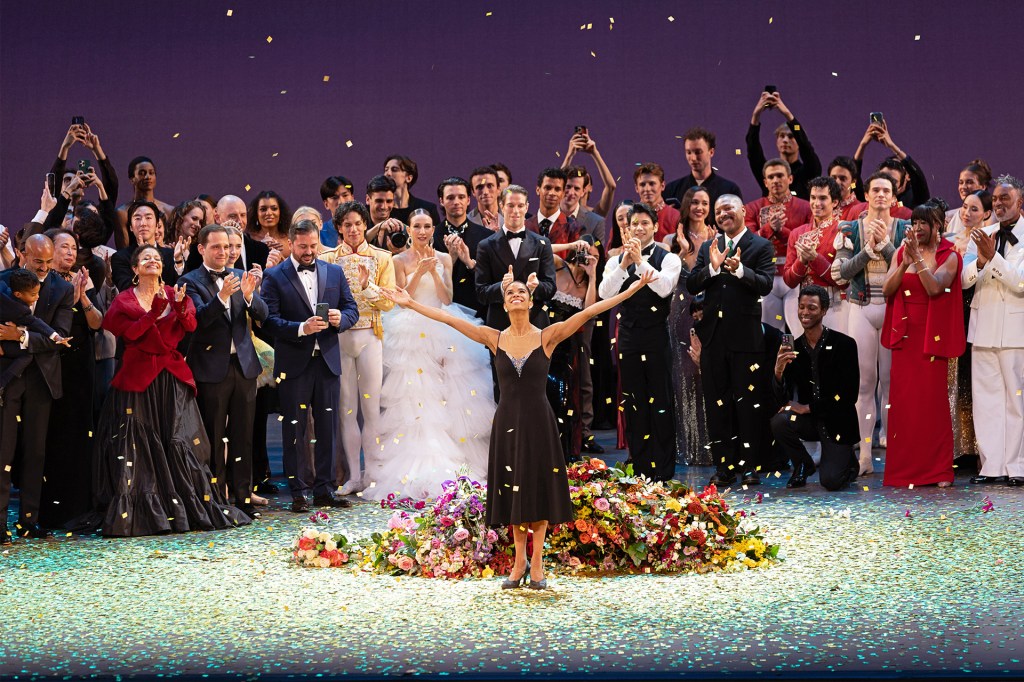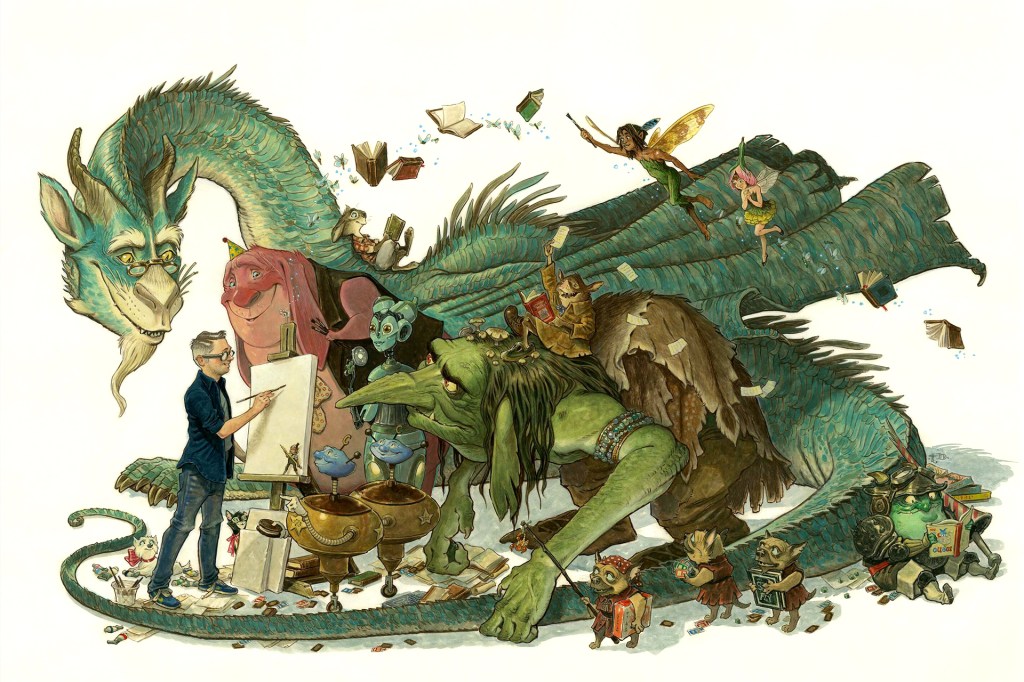
Many people who are deaf or hard of hearing love attending concerts. But because they have total or partial hearing loss, they need help getting the full experience. This is where sign language concert interpreters
interpreter
 CASARSA/E+—GETTY IMAGES
one who translates spoken language
(noun)
He was interviewed through an interpreter.
come in.
CASARSA/E+—GETTY IMAGES
one who translates spoken language
(noun)
He was interviewed through an interpreter.
come in.
Signing is a visual language. Signers use hands, facial expressions, and body language to replace or add to spoken communication. This allows deaf and hard of hearing people to see what is being said. Sign language concert interpreters sign along with a song to illustrate the lyrics. But interpreters say they do more than that.
Jody Daulton is the director of Artistic Sign Language Services. She has a team of interpreters. They work at events like concerts and plays. “Not only are we interpreting the lyrics of the song,” she told TIME for Kids, “but we are also portraying the sound of the music. The highs and the lows, the softness or the hardness.”
The Joy of Music
Sign language concert interpretation isn’t easy, says Matthew Maxey. He created Deafinitely Dope. It is a hip-hop interpretation service. He is also deaf. Maxey told TFK that “interpreting requires a lot of time and practice.”
Sign language interpretation is about giving deaf people the same experience as those who can hear. “Everybody should have equal access,” Daulton says.
Unfortunately, that doesn’t always happen. To be close to the interpreter, deaf audience members might have to pay for costly seats. Sometimes, venues
venue
 ALEX TRAUTWIG/MLB PHOTOS—GETTY IMAGES
a place where an event is held
(noun)
Yankee Stadium is the venue for the baseball game.
can’t afford to provide interpretation at all. But when it works, it’s worth it, Daulton says.
ALEX TRAUTWIG/MLB PHOTOS—GETTY IMAGES
a place where an event is held
(noun)
Yankee Stadium is the venue for the baseball game.
can’t afford to provide interpretation at all. But when it works, it’s worth it, Daulton says.
The best part of being a sign language interpreter, says Maxey, is “providing access. The joy on people’s faces shows that!”













